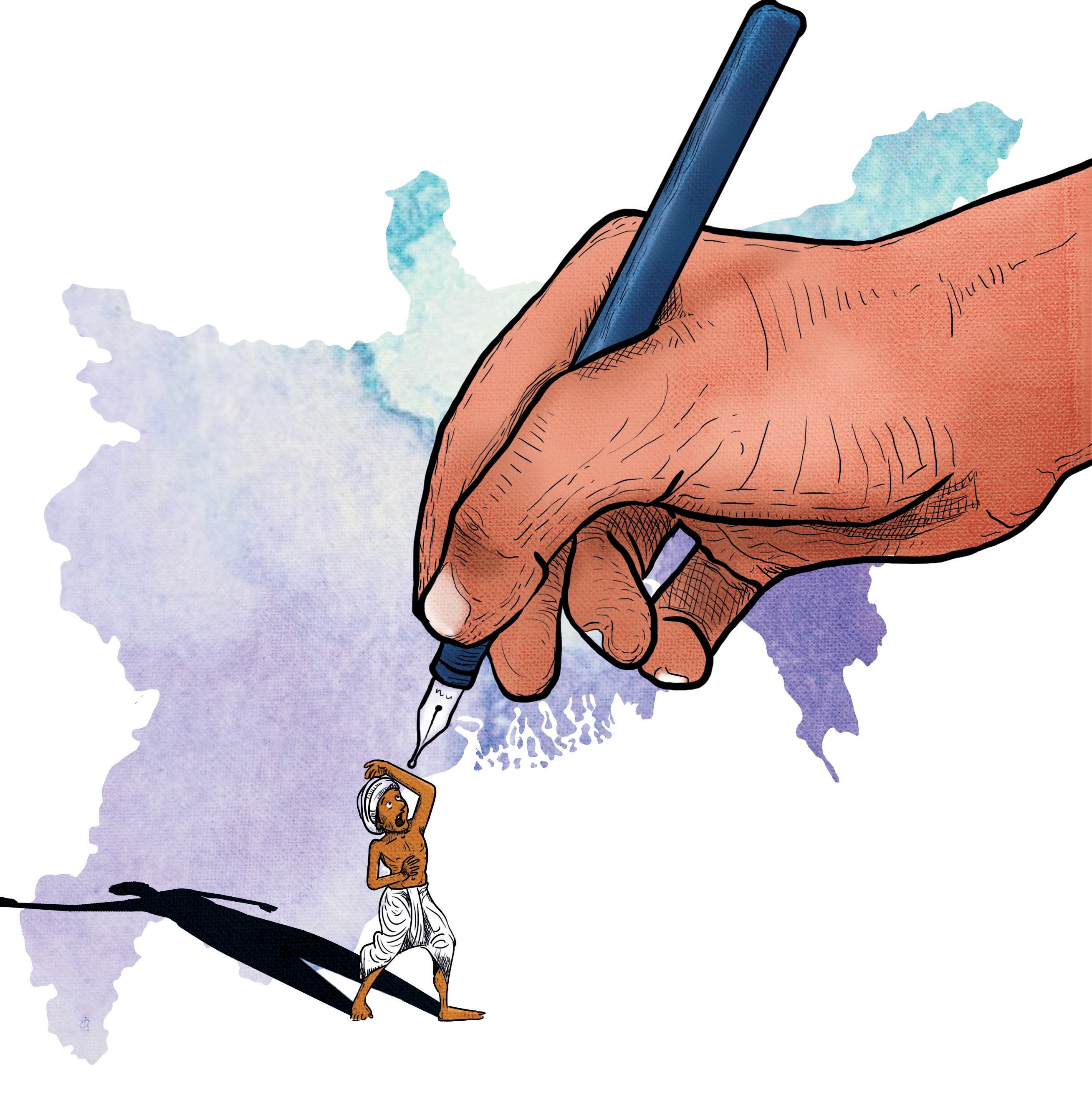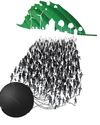
IN A staggering display of literary gymnastics, Sekhar Bandyopadhyay and Anasua Basu Ray Chaudhury have managed to write a book ostensibly to address the "discursive absence of the caste question and the Dalit from the long history of Partition in Bengal", using virtually no theoretical contribution from Dalit intellectuals. This is not to say that the book does not quote Dalits. It does have interviews, speeches, newspaper articles, stories and references to empirical studies conducted by them.
The authors talk about the history of the anti-caste struggle in British India without so much as mentioning G Aloysius, a scholar-in-residence at the English and Foreign Languages University, Hyderabad, whose 1997 book Nationalism Without a Nation in India is of direct relevance to the subject matter of this book, in that it painstakingly delineates, among other things, how partition was a compact between upper caste Hindus and Muslims against the interests of the lower castes in both religions. BR Ambedkar is used only as a historical figure, as a politician made speeches and conducted movements, and not once as an academic or intellectual. To say that Ambedkar sought to politicise the structural violence of untouchability, they have quoted and referenced Anupama Rao, a professor of history at Barnard College, Columbia University. They did not even design to quote Ambedkar's academic work directly.
この記事は Down To Earth の September 16, 2022 版に掲載されています。
7 日間の Magzter GOLD 無料トライアルを開始して、何千もの厳選されたプレミアム ストーリー、9,000 以上の雑誌や新聞にアクセスしてください。
すでに購読者です ? サインイン
この記事は Down To Earth の September 16, 2022 版に掲載されています。
7 日間の Magzter GOLD 無料トライアルを開始して、何千もの厳選されたプレミアム ストーリー、9,000 以上の雑誌や新聞にアクセスしてください。
すでに購読者です? サインイン

On shaky ground
Despite reporting net gains in green cover, the latest forest survey shows degradation of natural forests, particularly in ecologically sensitive hotspots

Burden of proof
The government's drive for e-KYC verification to ensure rightful targeting of beneficiaries has proved exclusionary for many

Rupee slide impacts agricultural trade
THE UNION Cabinet on January 1, 2025, approved the extension of a subsidy package of ₹3,500 per tonne on di-ammonium phosphate (DAP) for companies.

THE 500 GW SWITCH OVER
Coal is the king of energy at present. India needs to dislodge it with clean energy for an equitable green transition

MANIFESTING 500 GW
Ensure that renewable energy is available round the clock.Establish a viable market and reward those who take lead

Lifting a curse
How Gangabai Rajput helped her water-scarce village in Madhya Pradesh let go of superstition and revive an ancient waterbody

HOLD THEM SACRED
The Supreme Court has recommended that the Union government create a comprehensive policy for the governance and management of sacred groves across the country

REPORT CARD 2024
Coal is still the king in terms of electricity generation. But new renewables, mainly solar power, have shown an impressive growth

'India a laboratory for seismologists'
India is no stranger to earthquakes. In recent memory, Latur and Bhuj districts in Maharashtra and Gujarat witnessed devastating tremors in 2003 and 2001 respectively. Such quakes leave clues that can aid preparations for future events, say seismologists KUSALA RAJENDRAN, professor, Indian Institute of Science, and CP RAJENDRAN, adjunct professor, National Institute of Advanced Studies. The Rumbling Earth-The Story of Indian Earthquakes, captures their work on historical as well as recent quakes. In an interview with ROHINI KRISHNAMURTHY, they discuss the science of earthquakes, why the Himalayas are due for a huge event and why prediction remains a challenge. Excerpts:

Capturing Siang
As India pushes for a mega-dam on the Siang river to counter China's upstream projects, the Adi tribal community of Arunachal Pradesh fears losing ancestral land